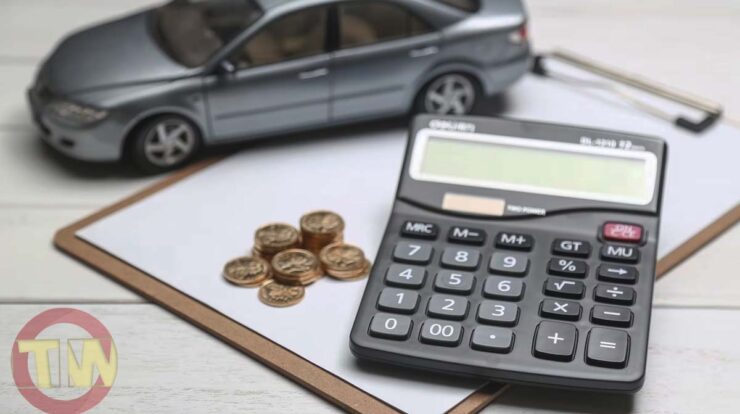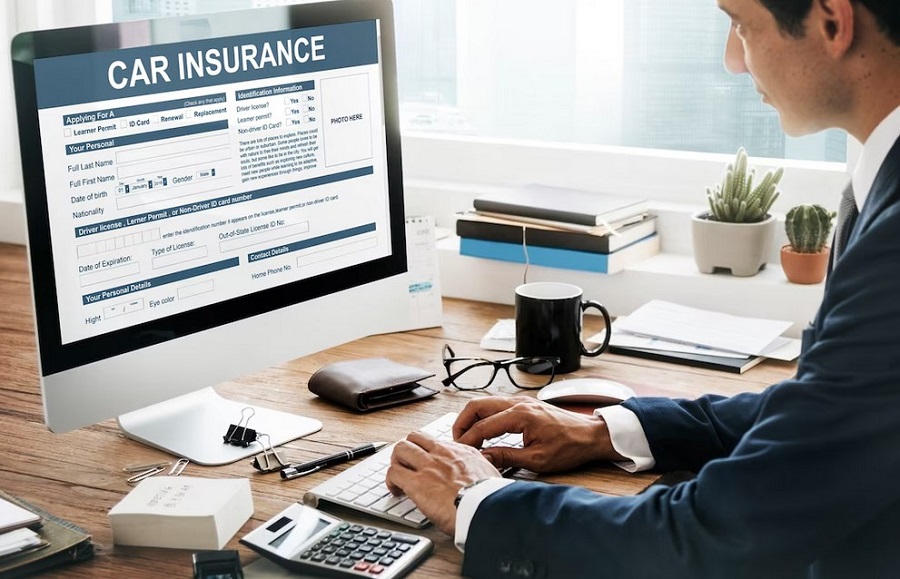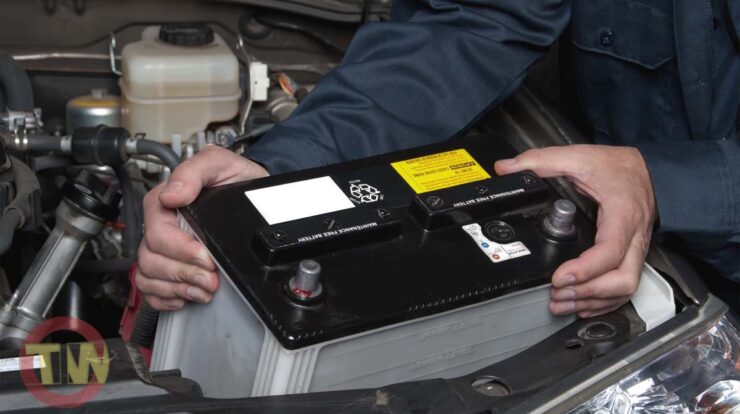
If you’re a car owner, you probably already know that having car insurance is mandatory in most states. Car insurance protects you from the financial repercussions of accidents, theft, or other unforeseen events. But when is the best time to buy car insurance?
In this article, we’ll explore some of the factors to consider when deciding when to buy car insurance.
When to Buy Car Insurance?

Before You Buy a Car
If you’re in the market for a new car, you should start thinking about car insurance before you even make your purchase. Research the insurance rates for the cars you’re considering, as different car models can have vastly different insurance rates due to factors like safety features, repair costs, and theft rates. You may also want to consider factors like the type of coverage you need, your driving history, and your budget.
Once you’ve narrowed down your car options, you can start shopping around for car insurance quotes. Many car insurance companies offer online quote tools that can give you an idea of what you can expect to pay for coverage. Keep in mind that the cheapest option may not always be the best choice. Look for a policy that offers the coverage you need at a reasonable price.
When You’re Getting Ready to Renew Your Policy
If you already have car insurance, you should receive a renewal notice from your insurance company before your policy expires. This is a good time to reassess your coverage needs and shop around for a better deal if necessary. If you’ve recently had a change in circumstances, like a new job or a move to a new area, you may want to adjust your coverage to better suit your needs.
When you’re renewing your policy, it’s important to make sure you’re getting the best possible rate. You may be able to save money by bundling your car insurance with other types of insurance, like home insurance or life insurance. You may also be eligible for discounts based on factors like your driving record, your age, or the safety features on your car.
When You’re Buying a Used Car
If you’re buying a used car, you’ll need to transfer the car insurance to your name. This is typically done at the time of purchase, so you’ll need to have your insurance in place before you can drive the car off the lot. You may be able to transfer the insurance policy from the previous owner, but you’ll need to contact the insurance company to make sure.
When you’re buying a used car, it’s important to have the car inspected by a mechanic to make sure there are no hidden issues. You should also research the car’s history to make sure it hasn’t been in any accidents or suffered any damage that could affect its safety or performance. All of these factors can affect your insurance rates, so it’s important to have as much information as possible before you buy.
When You’re Adding a New Driver
If you’re adding a new driver to your policy, like a teenager or a spouse, you’ll need to make sure they’re covered by your insurance. Adding a new driver can affect your insurance rates, so it’s important to shop around for the best possible rate. You may be able to save money by adding the new driver to an existing policy, rather than purchasing a separate policy.
When you’re adding a new driver to your policy, it’s important to consider their driving record and any accidents or tickets they may have had in the past. This can affect your insurance rates, so you’ll want to make sure you’re getting the best possible deal.
When You’re Moving to a New State
If you’re moving to a new state, you’ll need to make sure you have the right car insurance coverage for your new location. Car insurance requirements can vary from state to state, so it’s important to research the insurance requirements in your new state and make sure your policy meets those requirements. You may need to purchase additional coverage or adjust your policy limits to comply with state laws.
When you’re moving to a new state, you may also want to shop around for a new car insurance policy. Different states can have vastly different insurance rates due to factors like population density, weather conditions, and accident rates. You may be able to save money by switching to a new insurance company that offers better rates in your new state.
When Your Circumstances Change
If you’ve had a change in circumstances that could affect your car insurance needs, like getting married, having a child, or buying a new car, you should reassess your coverage and make any necessary changes. You may need to adjust your coverage limits, add new drivers to your policy, or purchase additional coverage to protect your assets.
When your circumstances change, it’s also a good time to shop around for a better car insurance rate. Different insurance companies can offer vastly different rates based on factors like your age, driving record, and the type of car you own. You may be able to save money by switching to a new insurance company that offers better rates for your specific situation.
When You’re Involved in an Accident
If you’re involved in a car accident, you’ll need to report the accident to your insurance company as soon as possible. Your insurance company will assess the damage and determine if you’re eligible for coverage. If you have comprehensive and collision coverage, your insurance company will cover the cost of repairs or replacement, up to your policy limits.
If you’re involved in an accident and you don’t have insurance, you could be held financially responsible for any damages or injuries. This can be a costly mistake, so it’s important to have car insurance in place at all times.
Conclusion
Knowing when to buy car insurance is an important part of being a responsible car owner. Whether you’re buying a new car, renewing your policy, adding a new driver, or moving to a new state, it’s important to make sure you have the right coverage in place to protect yourself and your assets.
By shopping around for the best possible rate and making sure you’re meeting your state’s insurance requirements, you can save money and have peace of mind knowing that you’re protected in the event of an accident or other unforeseen event.






